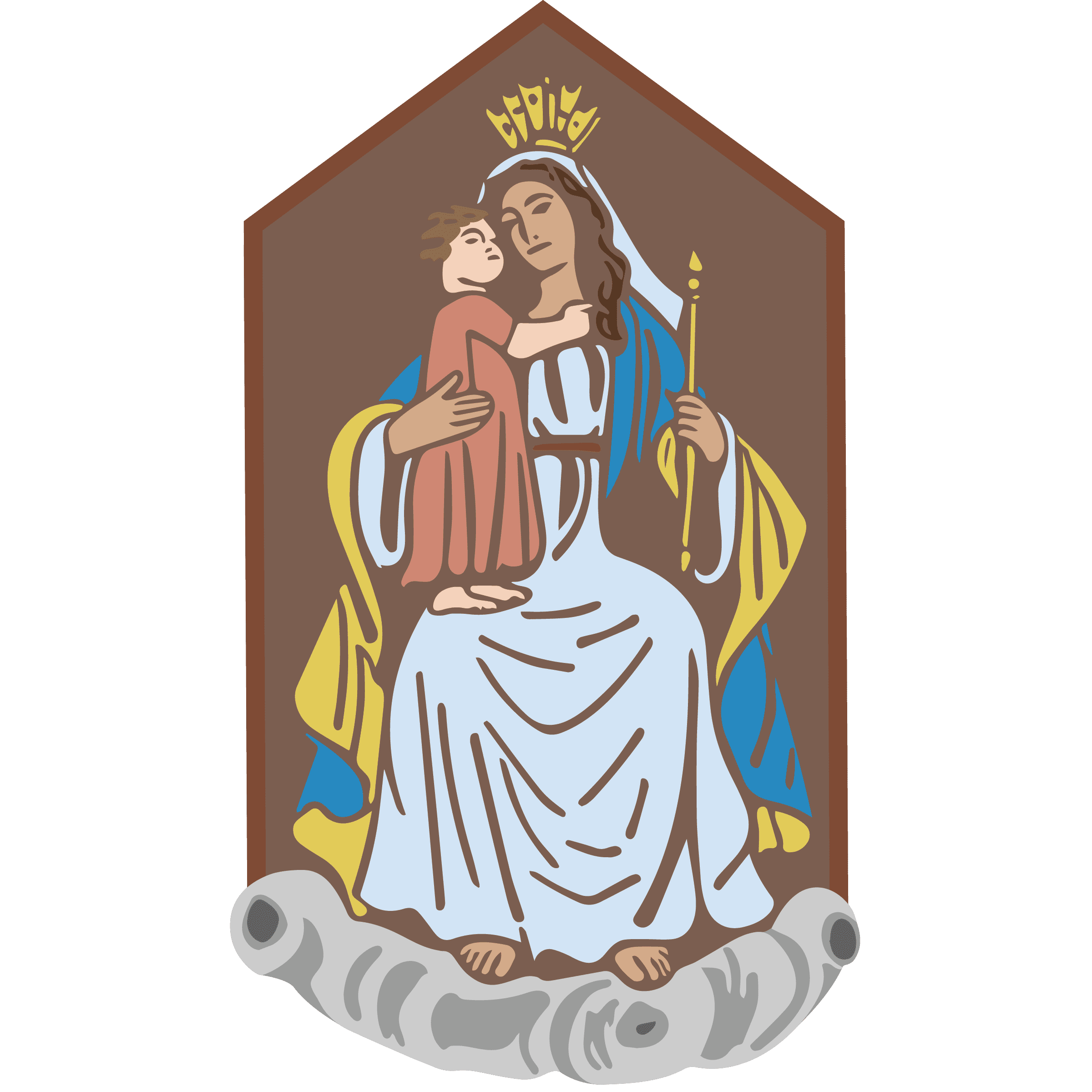November 4, 2018 – Thirty-first Sunday in Ordinary Time
As you know, election day is this Tuesday, November 6th. Voting is one of our most important responsibilities as citizens and as Catholics. Often times I hear some Catholics say that the Church should keep out of politics. There couldn’t be anything further from the truth! When our nation’s founders sought to “separate church and state” they did so to prohibit the establishment of any particular denomination as the official religious body of the nation – not forbidding religious organizations to address matters of grave importance to human welfare. Pope Francis in Evangelii Gaudium, No. 183 states: “An authentic faith always involves a deep desire to change the world, to transmit values, to leave this earth somehow better than we found it….if indeed the just ordering of society and of the state is a central responsibility of politics, the Church, cannot and must not remain on the sidelines in the fight for justice.” Also, it must be made very clear that the Church does not tell us whom to vote for. The Church does not (and cannot) endorse any particular candidate or political party. The Church can however, (and must) speak to the issues facing voters, and provide voters with information on candidate’s positions. The Church also exhorts Catholics to study Scripture and Church teaching to gain and understanding why the Church takes a particular stance on an issue. This is something that I suspect many of us don’t take the time and effort to do. But our faith teaches us that “conscience is the voice of God resounding in the human heart, revealing the truth to us and calling us to do what is good while shunning what is evil.” (U.S. Bishops 2015 document on forming conscience and faithful citizenship). It is our responsibility as Catholics to form our consciences by developing the virtue of prudence to discern true good in circumstances and to choose the right means of achieving it by maintaining a willingness and openness to seek what is right. There are four key principles to keep in mind: 1) Promoting and defending the dignity of the human person; 2) Supporting the family and subsidiarity in local, state and national institutions; 3) Working for the common god where human rights are protected and basic responsibilities are met; 4) Acting in solidarity with concern for all as our brothers and sisters, especially the poor and must vulnerable.
There are many moral issues facing us today, but the most important is the direct and intentional destruction of innocent human life from the moment of conception until natural death, and must always be opposed. At the same time, issues such as war, the death penalty, racism and care for the poor and the immigrant are enormously important – they are not optional concerns which can be dismissed. The moral teaching of our Church is about more than prohibitions. We Catholics are encouraged to respond to the basic needs of human beings – food, shelter, health care, education and employment. We are called to welcome refugees and immigrants, defend religious freedom, support marriage and family and protect the environment.
In today’s political environment, voting as a Catholic is hard word. It takes serious reflection, knowledge of Church teaching, awareness of who the candidates are and where they stand on the issues. But most of all it takes prayer! Then get out and vote!
Have a Blessed Week!
Father Don

